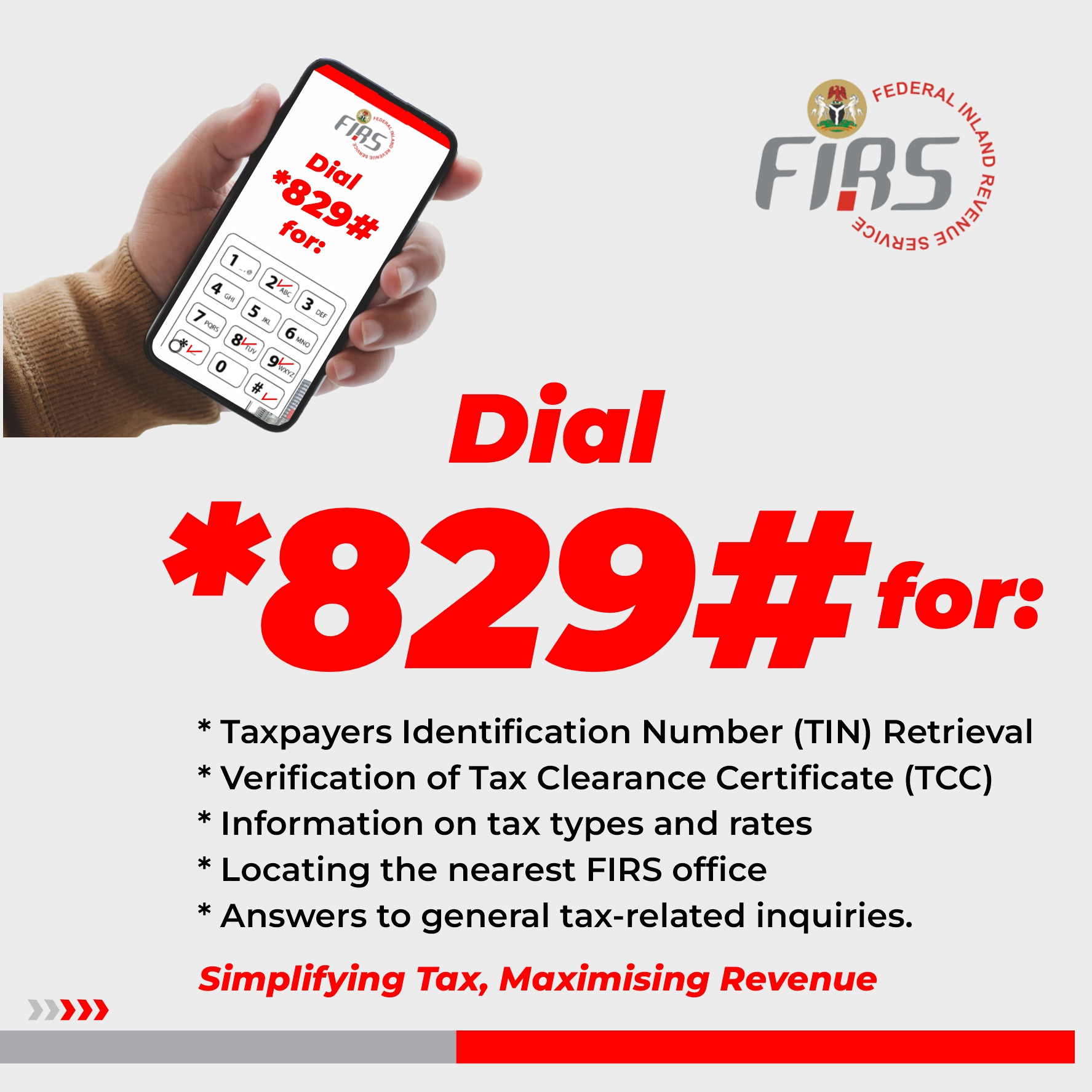Opinion
Tax Reforms Bill: Addressing legacy laws, streamlining administration, and balancing derivation concerns

By Yisa Usman FCA, FCTI

The proposed tax reforms mark a transformative moment in Nigeria’s fiscal evolution, focusing on modernization and addressing challenges rooted in outdated pre-colonial tax laws and redundant systems that burden businesses and individuals. These reforms aim to streamline tax administration and improve Value Added Tax (VAT) processes, providing a pathway toward equitable revenue distribution and fiscal decentralization. However, while the potential benefits are substantial, addressing significant challenges and equity concerns is critical to ensuring the reforms achieve their objectives.

A comparative analysis of Nigeria’s tax system against those of countries like Kenya, the United States, and other nations with comparable political structures reveals stark disparities that emphasize the critical need for reform. These nations have leveraged robust tax frameworks to achieve significant economic growth, foster local economic activities, and ensure a more equitable distribution of national resources, outcomes that starkly contrast with Nigeria’s performance. In Nigeria, outdated legislation, inadequate tax assessment and recovery system, and systemic corruption have created inefficiencies and exacerbated inequalities. The lack of effective mechanisms to optimize tax revenue further hampers the nation’s fiscal sustainability and economic competitiveness, making comprehensive reform an urgent necessity.
Nigeria’s reliance on antiquated tax laws has long hindered administrative efficiency and equitable resource allocation. These reforms seek to modernize the tax framework, aligning it with global best practices to foster economic development and decentralization. Key objectives include streamlining administration to eliminate duplicative tax practices, centralizing data to enhance accuracy in tax derivation and remittance, and empowering states to take greater responsibility for revenue generation and allocation, in line with the principles of fiscal federalism.
The proposed increase in derivation weight from 20% to 60% introduces a dual-edged dynamic. On the one hand, it incentivizes states to boost local economic activities and align revenue allocation with consumption patterns. On the other hand, it raises concerns about exacerbating existing inequalities, with states like Lagos, Ogun, Rivers and Kano poised to benefit disproportionately due to their robust economic bases, while resource-poor states may face disadvantages.
The reforms are supported by compelling arguments, including their potential to decentralize economic development by motivating states to leverage local resources and attract investments. The allocation of a larger revenue share to states promises improved infrastructure and public services, particularly in states that prioritize economic growth. Additionally, by leveraging technology to track consumption patterns, the reforms should enhance transparency and fiscal responsibility.
Nonetheless, the reforms face significant challenges. A heavy reliance on derivation risks marginalizing less affluent states, deepening socio-economic disparities. The reforms’ implementation will require extensive data collection and systemic upgrades, posing logistical and financial challenges. Furthermore, the reduction in population-based allocations from 30% to 20% could generate social and political tensions in densely populated states struggling to meet citizens’ needs.
To balance these opportunities and risks, several recommendations are essential. First, the derivation weight increase should be phased in, starting with a modest adjustment from 20% to say 30%-40%, allowing states and corporations to adapt gradually. Second, a centralized, dynamically updated tax database is critical for accurate derivation tracking and dispute reduction. Third, a revenue equalization mechanism, such as a stabilization fund, can support economically weaker states during the transition. Fourth, capacity-building initiatives should equip state tax authorities with the necessary skills and resources to manage the new system effectively. Fifth, standardized procedures for VAT collection, derivation tracking, and dispute resolution should be established to ensure consistency across states. Finally, fostering public engagement with stakeholders, including state governments, businesses, and civil society, will promote transparency, address concerns, and build collective ownership of the reforms.
These reforms not only resolve immediate administrative inefficiencies but also lay the foundation for a more equitable and sustainable fiscal system. By addressing pre-independence legacy laws and fostering economic accountability, Nigeria has an opportunity to position itself for inclusive growth, ensuring all states contribute to and benefit from national development. However, achieving these outcomes requires a careful balance between incentivizing derivation-based revenue sharing and providing mechanisms to support resource-poor states. With a focus on equity and efficiency, the reforms can establish a tax system that empowers businesses, strengthens states, and improves the living standards of citizens across the federation.
Yisa Usman is a Fellow of the Institute of Chartered Accountants of Nigeria (ICAN), a Fellow of the Chartered Institute of Taxation of Nigeria (CITN), and a doctoral candidate at the Nigerian Defence Academy, Kaduna

























